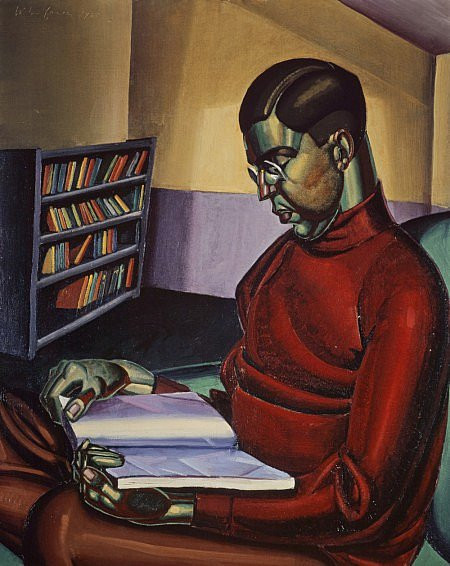Usually, posts to this site just sit at the bottom of my blog entries. If you click on the title of one of my entries you can see what someone might have said about my thoughts.
However, today, I was pleased to accept the entry of someone who I deeply admire, so I wanted to highlight it a bit. Marilyn Jager Adams weighed in on my high school phonics blog and argues for why technology might get us out of the unfortunate quandry that I described. As I say, normally, I do not tout the responses and that is especially true if I feel like the responder has something to sell. I usually don't push such products here (even the ones that I have developed--and I have received some complaints about that, believe it or not), but I think Marilyn raises an important point and one I want to highlight.
I really doubt that our system has the resolve to invest very heavily in the education of kids who are 7-8 years behind, so technology could be a real hope. But, my experience is that most people don't have the resolve to hang in there with a computer. They love the privacy, they love the individualization, but they get lonely. Products like the one Marilyn describes need to be studied, but even if they work, what does it take to make them work well enough?
My first introduction to Read 180 wasn't a good one. It involved a dispute between parents and school district. The district had taken a learning disabled child and stuck him into Read 180 for two years. At the end of that time, he had regressed. The school didn't feel obligated to invest as heavily as they probably needed to in that student's learning, so technology was a good out. The boy actually liked Read 180, but only for the first few months, and then he felt detached, alone, rejected. That isn't the fault of technology (I don't think, in that case, a better program would have made a difference, though if the Read 180 curriculum had been followed-- not just the tech part, it might have gone better for everyone.
So by all means, Marilyn, continue to try to improve such programs over time, that will likely help. But for teachers and parents, as good a piece of software may be, remember that learning is social. Sometimes we want to be protected from others and sometime we want to be connected with them (counter or drive thru window today?). Good software can both teach and protect the fragile ego of a neglected learner who is so far behind it is embarrassing. Good software usually does not make a student feel more connected and accepted by others (and being low in literacy can be an isolating event).
If you want to read Marilyn's fine input, please click on the title of my High School Phonics blog and it will be there. Happy reading, and thanks for the contribution Marilyn. I was proud to accept it.






Comments
See what others have to say about this topic.